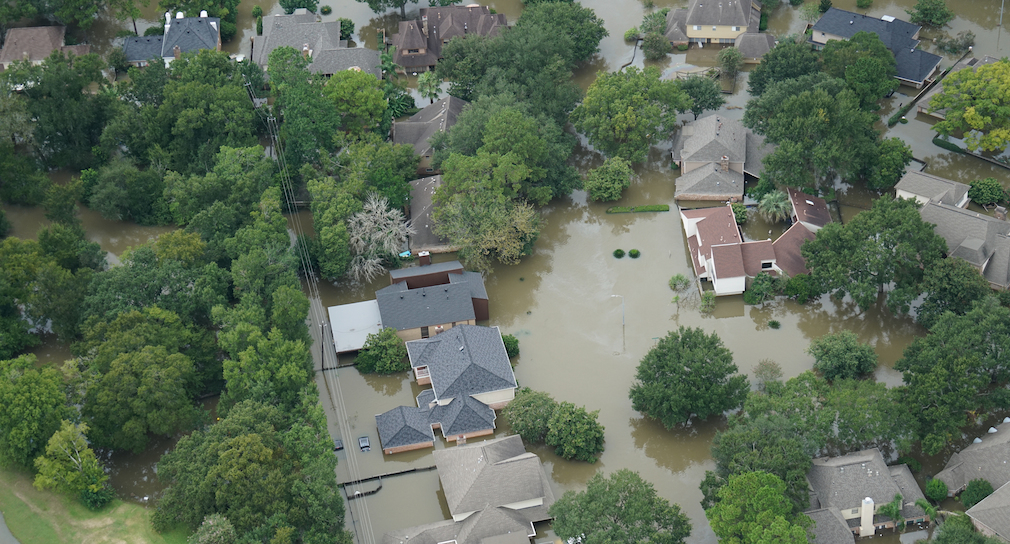Hurricane season is in its peak, yet one in four homeowners still say they have made no preparations.
In fact, the majority of homeowners underestimate the cost of hurricane-related damage, according to a new study by ValuePenguin, a LendingTree company.
To understand homeowners attitudes towards the 2019 Atlantic Hurricane Season, ValuePenguin analysts commissioned Qualtrics to conduct an online survey of 1,050 homeowners in America, with the sample base proportioned to represent the general population of homeowners. The survey was fielded in early August 2019.
Hurricane season runs from June to November, but the peak months are August to October. Now, in the middle of the season, many homeowners remain unprepared. The study showed that in the riskiest costal states, 77% of homeowners felt prepared for the 2019 hurricane season, however a full 48% of the same respondents also revealed they had not yet started preparing for the season.
Actually, about 43% of homeowners who live in high risk states believe weather professionals exaggerate the risk of hurricanes. Another 56% were reluctant to evacuate their homes, and would only leave if it was mandatory and 10% said they would not evacuate at all.
While there are many false alarms during the hurricane season, the past few years have also been filled with tragedy.
The U.S. Department of Housing and Urban Development announced last year that it was awarding a record $28 billion in funds to help states recover from natural disasters.
Parts of Texas are still recovering from the damage caused by Hurricane Harvey back in 2017. At the end of last year, Puerto Rico suffered a devastating hurricane, which some estimates say killed as many as 5,000, and left the island without power for weeks. And Hurricane Irma, the most powerful Atlantic hurricane in recorded history, swept across parts of Florida.
Homeowners also underestimate the number of hurricanes they will see. About half of the respondents predicted that the U.S. would experience no more than three hurricanes in 2019, however the National Oceanic and Atmospheric Administration forecasted the year will see five to nine hurricanes, and historic data shows an average of six storms.
The study also showed that homeowners far underestimate the costs of repairing their homes after a storm. Of those surveyed, 52% estimated they would spend less than $10,000 repairing their homes after a hurricane. But the reality is much more devastating. The average claims filed after recent storms range from $30,000 after Hurricane Irene to more than $100,000 after Hurricane Harvey. A full 45% of homeowners said they didn't know how much hurricane-related insurance they would need in order to be protected against the financial fallout of a hurricane.
But homeowners aren’t the only ones unprepared for this hurricane season. Congress passed a bill late in June, two days after the start of the U.S. hurricane season, that extended the National Flood Insurance Program by four months – yet another short-term solution. The move came on top of a stopgap vote the week before that kept the program from expiring over the weekend.
Congress has extended the program a dozen times since the fall of 2017, kicking the can down the road as lawmakers negotiate on reforming it. During that time, five named hurricanes and several catastrophic floods, including an ongoing crisis in the Midwest, have destroyed homes and businesses across the U.S. Most homeowners insurance policies do not cover flooding.







